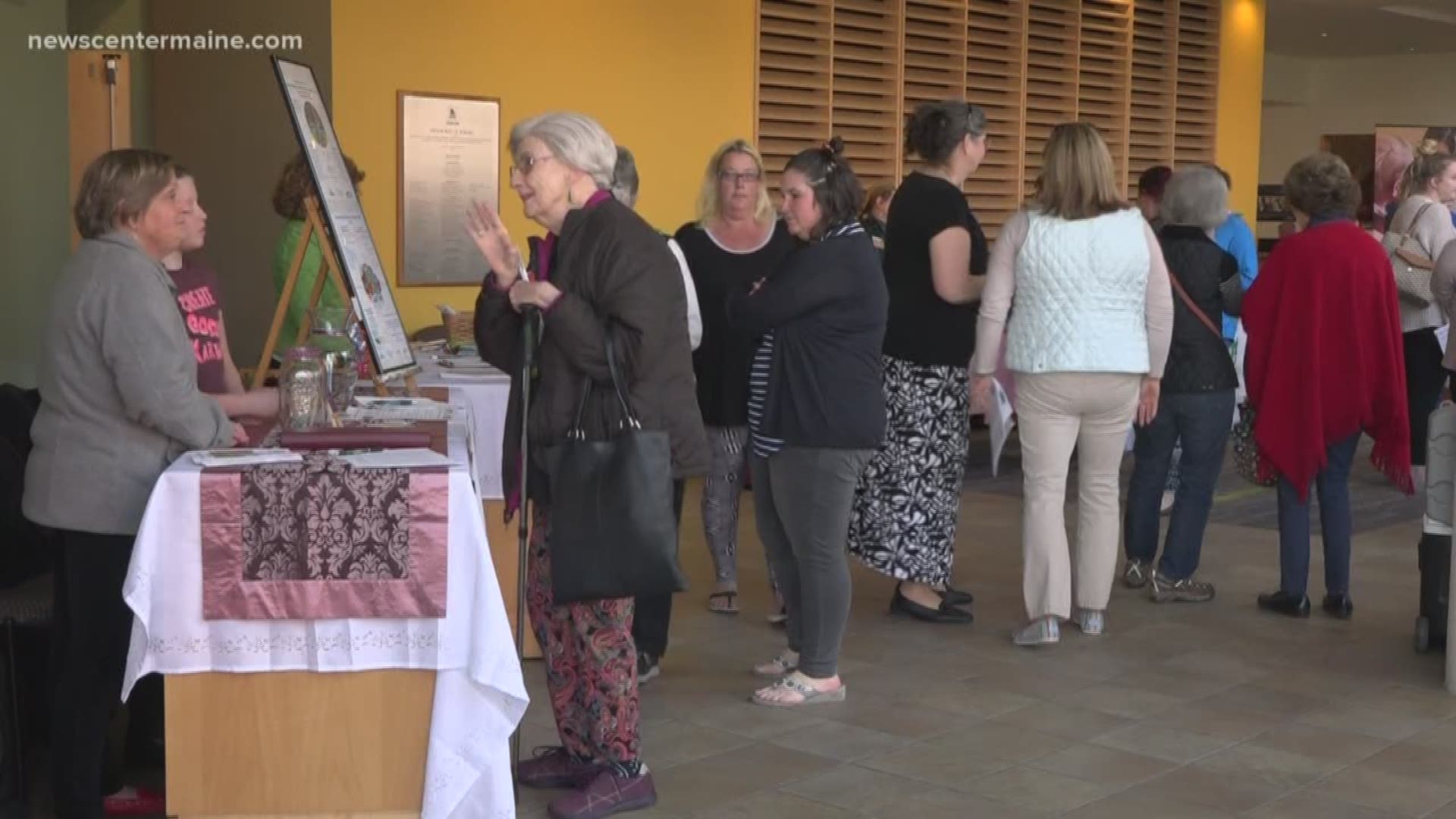PORTLAND, Maine — A lot of people think end-of-life planning is centered around a will. Truth is, most of that planning goes far beyond the scope of a living will.
National Healthcare Decisions Day was created to encourage patients and providers to explore options around end-of-life care.
It’s a 50 state initiative to provide free, clear, and concise information through resources and learning tools.
NHDD has no leaning towards a particular type of care; it’s an exploration of all available options.
The goal is to take the anxiety and stress out of advanced-care planning and make it seem digestible.
The group "Changing the Face of the Dying" sponsored Tuesday's event at USM’s Hannaford Hall.
Changing the Face of the Dying aims to preserve the patient’s dignity in the end of life process.
Founder Amanda Carr is a registered nurse who specializes in emergency medicine. She says she wants to find ways to make death a more peaceful process for the patient and their loved ones.
"I started doing this type of work to help people understand that their end of life options and choices in advanced medical care are really their choices," Carr said.
Choices ranging from natural remedies, to hospice care, and everything in between.
That’s why friends Eunice Wilcox and Bette Lee attended Tuesday’s forum -- to become more comfortable and confident with the options available to them.
"It’s one of the passages of our lives, and I'd like to be more prepared to face that," Wilcox said.
"I love thinking that maybe I'm being in charge a little bit more. We don’t know when we’re going to die, but we can pave the way to make things easier for other people for us. And they will know exactly how we feel. And I don’t know what more we can do," Lee said.
Giving the patient power in the end-of-life process makes following through easier on the family and on medical staff.
"It’s almost like a gift to your family that they would know what you want and not want. Just to at least start the conversation, and they’re not blind," said Alana Trottier, who is a critical care nurse educator at Maine Medical Center.
Death educators hope that this knowledge makes those last moments with friends and family more peaceful.
"Because it’s about how to live well when you’re doing, not to just die," Carr said.

